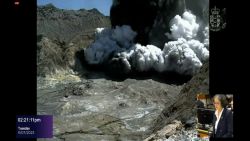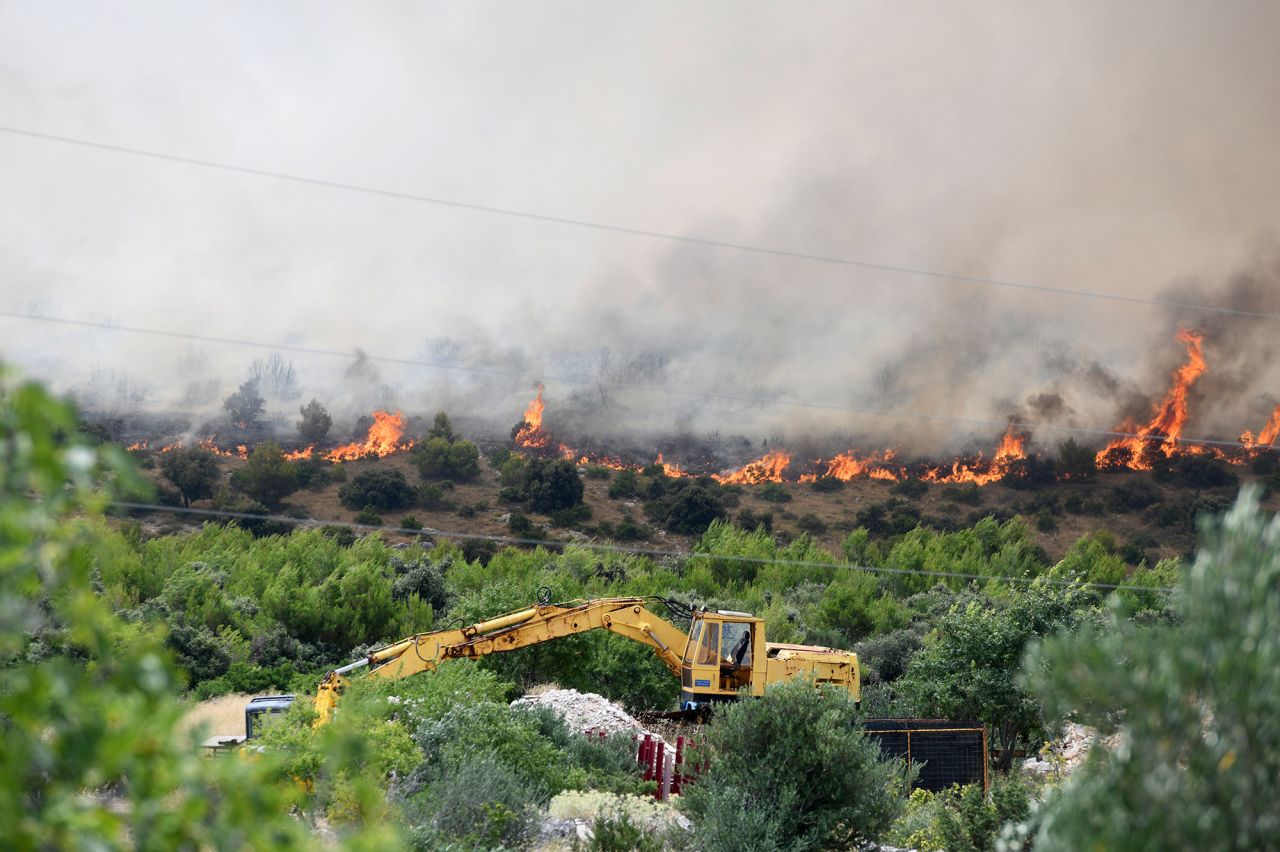Decarbonization and Climate Change
Climate change is one of the most pressing issues of our time. The scientific consensus is that human activities are causing the Earth's atmosphere to warm, and this warming is having a devastating impact on the planet.

Here is a post about decarbonization and climate change.
Decarbonization: The Key to Averting Climate Change
Climate change is one of the most pressing issues of our time. The scientific consensus is that human activities are causing the Earth's atmosphere to warm, and this warming is having a devastating impact on the planet.
One of the most important ways to address climate change is to decarbonize our economy. Decarbonization means reducing our reliance on fossil fuels and transitioning to a clean energy economy. This will require a major shift in the way we produce and consume energy, but it is essential if we want to avert the worst effects of climate change.
There are a number of ways to decarbonize our economy. We can invest in renewable energy sources, such as solar and wind power. We can also improve energy efficiency in our homes and businesses. And we can switch to electric vehicles.
Decarbonization is not easy, but it is essential. The sooner we start, the easier it will be. And the more we decarbonize, the better our chances of avoiding the worst effects of climate change.
These days, I view a situation that Cars of Black color are flooding the roads. Somehow, the Car manufacturers are not aware to the fact that Black Cars, Absorb the Sun rays and keep them like a baterry, while White color cars, return tthe Sun rays to the sky.
Of-course, the Buyers are not aware of that fact....
Another fact is that most EV Batteries are made of Lithium which is not so Friendly to the environment. The good thing is that soon Batteries will be made of oxygen-ion battery based on ceramic materials, or Zinc-Manganese Oxide batteries (ZMO), sodium-ion (Na-ion), redox flow batteries (RFBs), Zn-ion, Zn-Br and Zn-air batteries.
These days, Weather express it self in extreme heat waves in Europe, US and Japan:
Europe swept by blistering and potentially record-breaking temperaturesBy Laura Paddison, Barbie Latza Nadeau, Sharon Braithwaite and Elinda Labropoulou, CNNUpdated 11:54 AM EDT, Fri July 14, 2023

American tourists 'disappointed' as extreme heat stops sightseeing in Rome03:29

Shocking video shows moment of deadly volcano eruption01:24

Video shows extreme flooding in India as residents flee02:06

Video shows volcanic eruption south of Iceland's capital00:34

Dramatic video shows rescuers using zip line to carry civilians across raging floodwaters00:53
American tourists 'disappointed' as extreme heat stops sightseeing in Rome03:29
A blistering and deadly heat wave is sweeping Europe, potentially bringing record-breaking temperatures and raising serious concerns about the impacts on people’s health, especially as the continent welcomes an influx of tourists.
Parts of Spain, France, Greece, Croatia and Italy are all facing intense heat, with temperatures rising above 40 degrees Celsius (104 Fahrenheit).
“Temperatures are sizzling across Europe this week amid an intense and prolonged period of heat. And it’s only just begun,” the European Space Agency (ESA) said in a statement.
Heat is one of the deadliest natural hazards – more than 61,000 people died in Europe’s searing summer heat wave last year.
In Italy, temperatures could reach record-breaking levels. Sardinia and Sicily are expected to be close to the current European temperature record of 48.8 degrees Celsius (nearly 120 Fahrenheit), according to the ESA.

People cool off at Piazza del Popolo in Rome on July 10.Antonio Masiello/Getty Images
On Friday, the Italian Health Ministry issued an “extreme” health risk warning for 15 cities – including Rome and Florence – as the heat wave is set to continue over Saturday and Sunday.Ad Feedback
It has already claimed at least one life in Italy, where a 44-year-old road construction worker collapsed in the northern city of Lodi and died in hospital on Tuesday.
In Rome, several tourists have collapsed this week due to heat stroke, with one British tourist passing out in front of the ancient Roman Colosseum on Tuesday.
Alessandro Miani, president of the Italian Society of Environmental Medicine (SIMA), told state broadcaster RAI on Wednesday that Italy “has the sad record of the European country with the highest number of deaths caused by heat waves.”
In Greece, authorities have said temperatures could reach 44 degrees Celsius (111.2 Fahrenheit) on Friday or Saturday.
The Greek Culture Ministry said it will shut the Acropolis in Athens from midday local time until 5 p.m. on Friday due to the heat. Police and emergency services provided assistance to a female tourist in difficulty due to the heat at the Acropolis, the police said in a tweet on Friday.
According to the Greek meteorological service forecast, temperatures will peak at 42 Celsius (107.6 Fahrenheit) in Athens by midday.
In Croatia, dozens of firefighters were deployed as a large wildfire broke out near Grebastica, a small town near the coastal city of Sbenik, CNN’s affiliate N1 reported.

A major fire broke out in the village of Grebastica in Sibenik, Croatia on July 13.rvoje Jelavic/PIXSELL/DeFodi Images/Getty Images
Nearly 80 firefighters with 28 fire trucks were deployed on Thursday to put out the blaze, with the assistance of three Canadair firefighting planes and two air tractors, N1 reported.
Call to Action
What can you do to help decarbonize the economy? Here are a few ideas:
- Switch to renewable energy sources for your home or business.
- Improve energy efficiency in your home or business.
- Switch to an electric vehicle.
- Contact your elected officials and urge them to support policies that promote decarbonization.
Every little bit helps. By taking action, you can help to avert climate change and create a more sustainable future for all.
I can widen the information about decarbonization and climate change. Here are some additional points:
- What is decarbonization? Decarbonization is the process of reducing or eliminating carbon dioxide (CO2) emissions from the atmosphere. This can be achieved by switching to renewable energy sources, improving energy efficiency, and capturing and storing CO2.
- Why is decarbonization important? Climate change is caused by the accumulation of CO2 in the atmosphere. As CO2 levels rise, the Earth's atmosphere traps more heat, which leads to global warming. Decarbonization is essential to preventing the worst effects of climate change, such as more extreme weather events, rising sea levels, and mass extinctions.
- How can we decarbonize the economy? There are a number of ways to decarbonize the economy. Some of the most important include:
- Investing in renewable energy sources, such as solar and wind power.
- Improving energy efficiency in our homes and businesses.
- Switching to electric vehicles.
- Capturing and storing CO2 from power plants and industrial facilities.
- What are the benefits of decarbonization? Decarbonization has a number of benefits, including:
- Reducing greenhouse gas emissions and mitigating climate change.
- Improving air quality and public health.
- Creating new jobs in the clean energy sector.
- Reducing our dependence on foreign oil.
- What are the challenges of decarbonization? Decarbonization is a complex challenge, and there are a number of barriers that need to be overcome. Some of the biggest challenges include:
- The cost of renewable energy is still relatively high.
- There is a lack of political will to support decarbonization policies.
- There is a need for new technologies to capture and store CO2.
Despite the challenges, decarbonization is essential to preventing the worst effects of climate change. We need to take action now to decarbonize our economy and build a more sustainable future for all.
Here are some additional resources that you may find helpful:
- The Intergovernmental Panel on Climate Change (IPCC): https://www.ipcc.ch/
- The Global Carbon Project: https://www.globalcarbonproject.org/
- The World Resources Institute (WRI): https://www.wri.org/
- The Climate Action Tracker: https://climateactiontracker.org/
